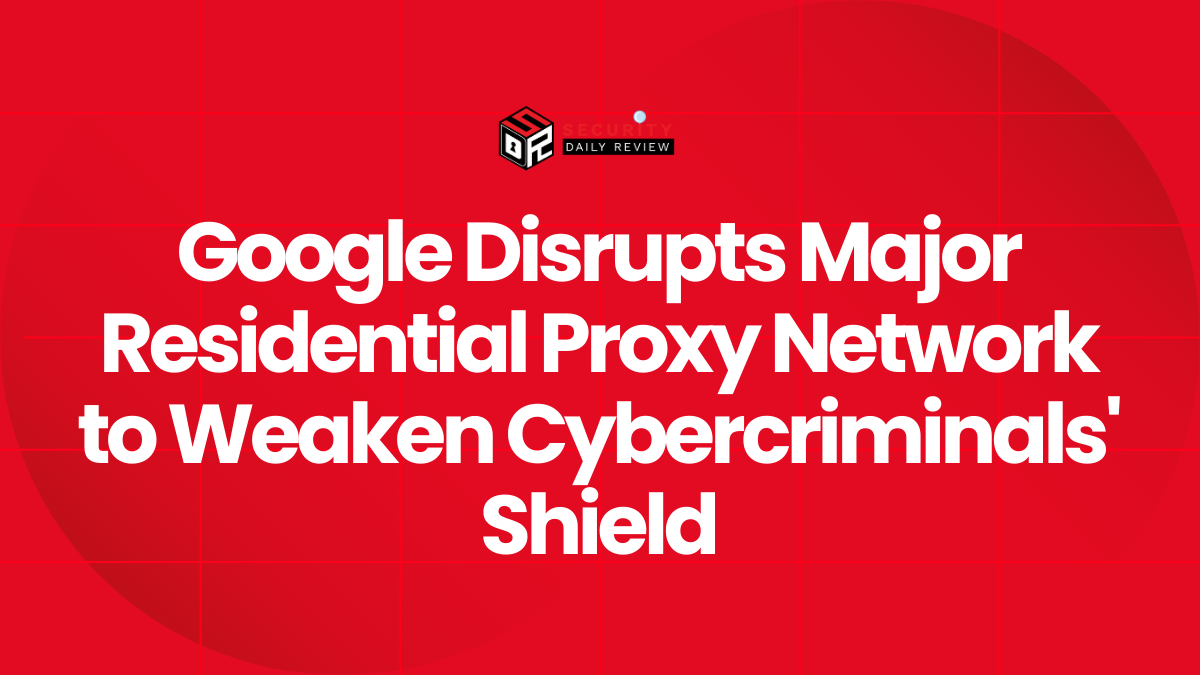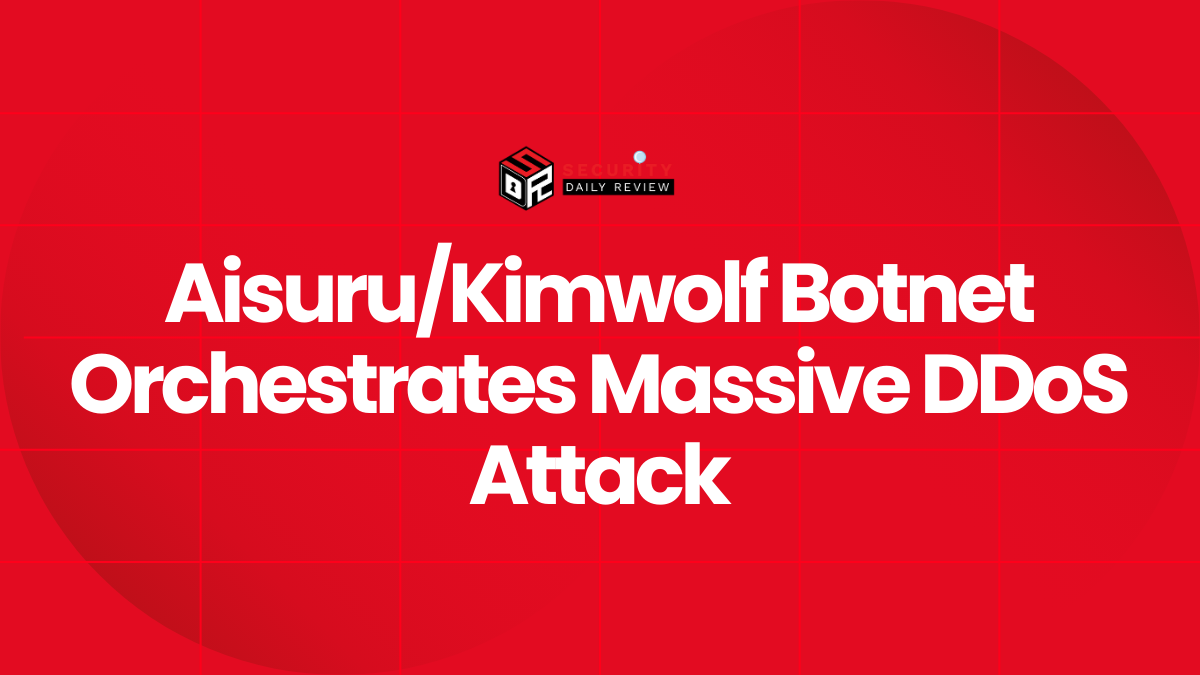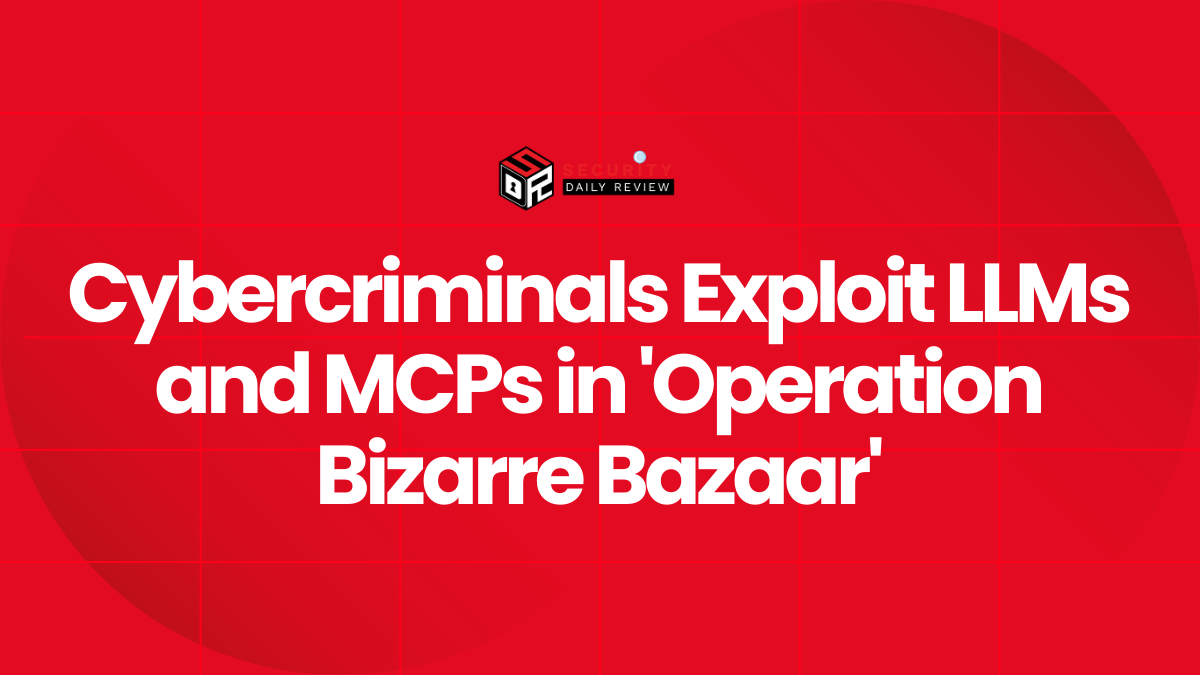New York Blood Center Ransomware Attack
The New York Blood Center Enterprises (NYBCe) experienced a ransomware attack on January 26, disrupting blood supplies amid a critical shortage. The attack prompted NYBCe to engage third-party cybersecurity experts to contain the threat and eject malicious actors from their network. Although all donor centers remain operational, processing times are significantly delayed. NYBCe has declared a blood emergency due to a 30% reduction in donations. Read more
US Healthcare Provider Data Breach at Connecticut Impacts 1 Million Patients
Connecticut’s Community Health Center (CHC) reported a data breach affecting over 1 million patients, exposing personal and health information, including Social Security numbers. The breach, discovered on January 2, revealed that attackers accessed CHC’s network in mid-October 2024. Read more
Mississippi Electric Utility Data Breach Affects 20,000 Residents
Yazoo Valley Electric Power Association suffered a data breach affecting 20,000 residents, stemming from unauthorized access discovered on August 26. The breach was linked to a ransomware group, Akira, which claimed responsibility. This incident underscores the vulnerabilities of essential services to cyberattacks, as the utility continues to investigate and enhance its security measures. The utility provided identity theft protection to those impacted after confirming limited data exposure. Read more
GrubHub Data Breach Exposes Customer, Driver, and Merchant Data
GrubHub confirmed a data breach originating from a compromised third-party service provider. The attackers accessed names, email addresses, and partial payment card information for some users. GrubHub terminated the service provider’s access and engaged forensic experts to assess the damage. While sensitive financial data was not compromised, the incident raises concerns about the security of third-party integrations within platforms. Read more
State-Sponsored Hackers Abuse Google’s Gemini AI for Attacks
Multiple state-sponsored groups, particularly from Iran and China, are utilizing Google’s Gemini AI for reconnaissance and attack planning. Activities include coding assistance, vulnerability research, and developing phishing campaigns. Iranian actors focused on defense organizations, while Chinese groups targeted U.S. military sites. The trend highlights the misuse of AI tools in cyberattacks, necessitating improved security measures against such advanced persistent threats. Read more
Prevent Data Breaches with Amazon Redshift Enhanced Security
Amazon Redshift has enhanced security defaults to combat data breaches, including restricting public access and enforcing SSL connections. This update follows incidents like the Medibank ransomware attack, prompting AWS to strengthen configurations for new clusters and restore existing setups to align with these defaults. Users are advised to review configurations to ensure compliance with new security measures. Read more









